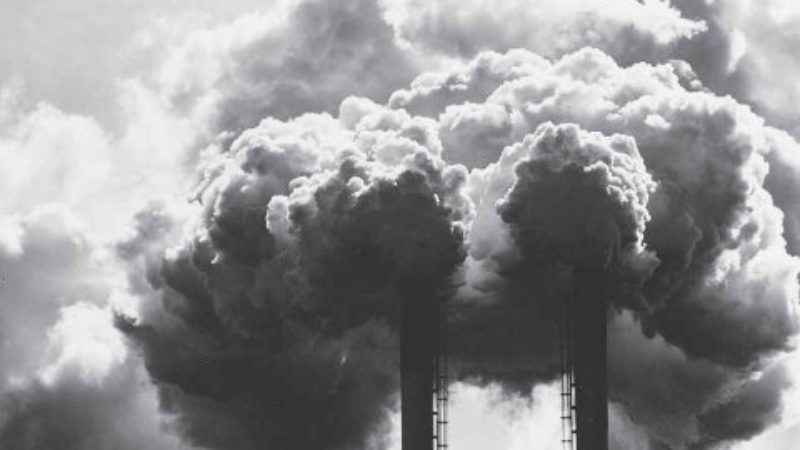
Last year, around 25,000 people in the UK died prematurely due to a silent and invisible killer. It is a killer that affects the poorest and weakest the most. In my neighbourhood of East Acton alone, it has killed around 6 people already this year. Reading the newspapers you could be forgiven for thinking that this killer is knife crime, dangerous dogs or even fast food. But the reality is that in 21st Century Britain, the biggest public health risk after smoking is the air we breathe.
And although you won’t have heard about it in the news, we have already seen six incidents of dangerous levels of air pollution in the UK in 2013. That’s six occasions this year when people have been advised to avoid strenuous exercise outdoors and when parents have been recommended to stop their children playing outdoors.
Things are so bad in the UK that the European Union has taken the UK government to court over their inaction on the matter.
Given the seriousness of the issue, you would expect the government to take some serious and rapid action on the matter. And they have. But the focus of their effort seems to be on fiddling the books – reducing the measures of pollution rather than the pollution itself. In London (where air quality is the poorest) Boris Johnson, until recently, had been ingeniously spraying glue from the back of a lorry to stick pollution to the roads around the capital’s pollution monitoring stations (you can see a video of the lorry in action here). And the Government, after failing to successfully challenge Europe in the courts, is currently consulting on proposals to dismantle the network of air quality monitors across the UK, telling Local Authorities that they now no longer have responsibility for this matter. A number of environmental organisations (including SERA) have set up an online petition to object to these proposals.
Reducing airborne pollution, regardless of how pressing it is, is undoubtedly a difficult matter that will involve tough choices such as taking high-polluting vehicles off the road, banning lorries from city centres and shifting most freight to rail. No political party yet has a palatable or even workable solution. But while stopping monitoring air quality might save money and keep pollution off the public agenda, it will leave us blind to the hidden danger surrounding us and put thousands more lives at risk each year.
Melanie Smallman is the National Secretary of SERA




More from LabourList
Government announce SEND reform in schools white paper
SPONSORED: ‘Industrial hemp and the challenge of turning Labour’s priorities into practice’
‘A day is a long time in politics, so we need ‘action this day’’